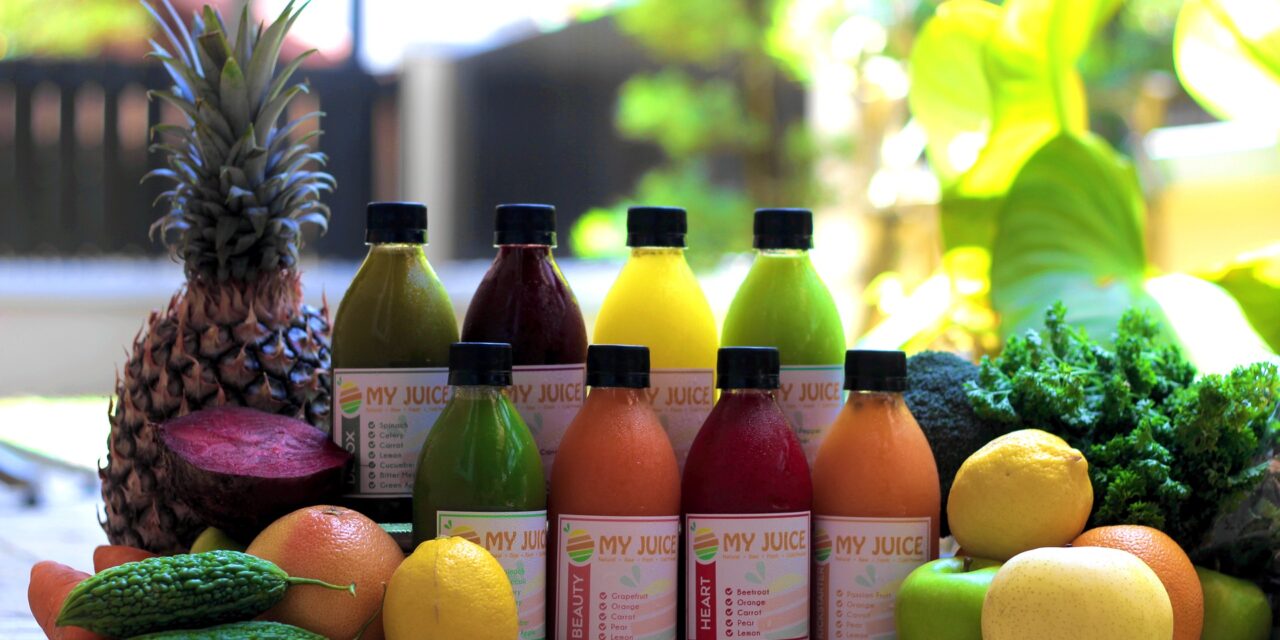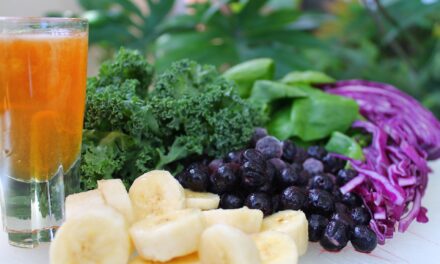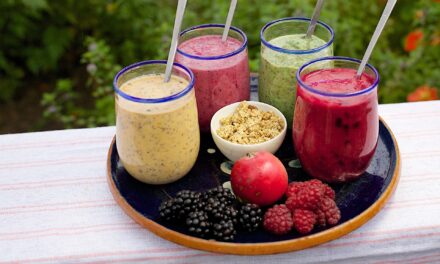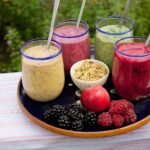When it comes to juicers all the types and terminology can be totally bamboozling – Let us guide you quickly and easily to understand which type of juicer specifically suits your family’s needs so you can get on with enjoying juicing up your life!
There’s loads of ‘best juicers’ on the market that would be awesome for one person but not be right for you and the good news is that it’s often the lower priced machines that are the perfect fit for most families.
If you’re potentially undecided on whether you want to create juices or smoothies and want to avoid wasting money and having another appliance sitting at the back of the cupboard, first read our blog Juicer vs Blender – Which Should I Buy For My Family?
For those of you who are definitely decided on a juicer here are your simplified options and things to consider…
Types of juicers and terminology
We realize that all of the terms you can come across can seem very confusing and overly complicated to anyone new to the world of home juicing and it’s sometimes enough to give up bothering and just go to the juice bar instead!

The reality behind the terminology however is very simple:
Citrus juicers – Just for citrus fruits with no pulp in the mix
Centrifugal juicers – The way most of us go as it’s fast, simple and gets results
Stainless Steel juicers – Simply more hard wearing and durable the extra upfront cost will likely pay off with the longevity of the machine
Masticating / Cold Press / Single Gear / Single Auger / Manual / Wheatgrass juicers – Specialist machines for juicing leafy greens in a big way as they slow down the process making sure there is no heat to reduce the nutrient content and they extract much more volume out of the produce
Twin Gear / Triturating juicers – The most expensive and considered the most effective form of masticating juicer
Upright Vertical juicers – Another subcategory of masticating juicers that save space on your countertop by being upright instead of horizontal
Commercial juicers – Industrial standard for large volumes rapidly produced and high reliability with almost constant use (expensive and totally unnecessary for the average household)
Steam juicers– Use steam to extract highly concentrated juice out of fruits and veg like berries, peaches, plums, peaches, apples, grapes and even tomatoes to make things like syrups, jellies, jams, fruit leather, sauces and concentrates
As parents we need any kitchen appliance to make our lives easier
Now we’ve demystified a lot of the terms that make this kind of a purchase so confusing you can get focused on what’s right for you and will make your life better which is why we recommend juicers based on the following criteria:
- Affordability (Juicers can range from $45 into the thousands)
- Effectiveness
- Speed and ease of use and cleaning
- Durability and longevity
Get total clarity on which type of juicer you and your family will actually use and benefit from in our deeper dive into the 3 main options below then have a read of our Top 5 Juicers For Busy Families to choose your favourite.
Citrus Juicers
- Purely for squeezing the juice directly out of any fruit from the citrus family without getting any of the pith or the skin involved
Recommendation for drinking citrus fruits
- Including the pith of citrus fruit in your drink by using a centrifugal juicer actually has a myriad of health benefits
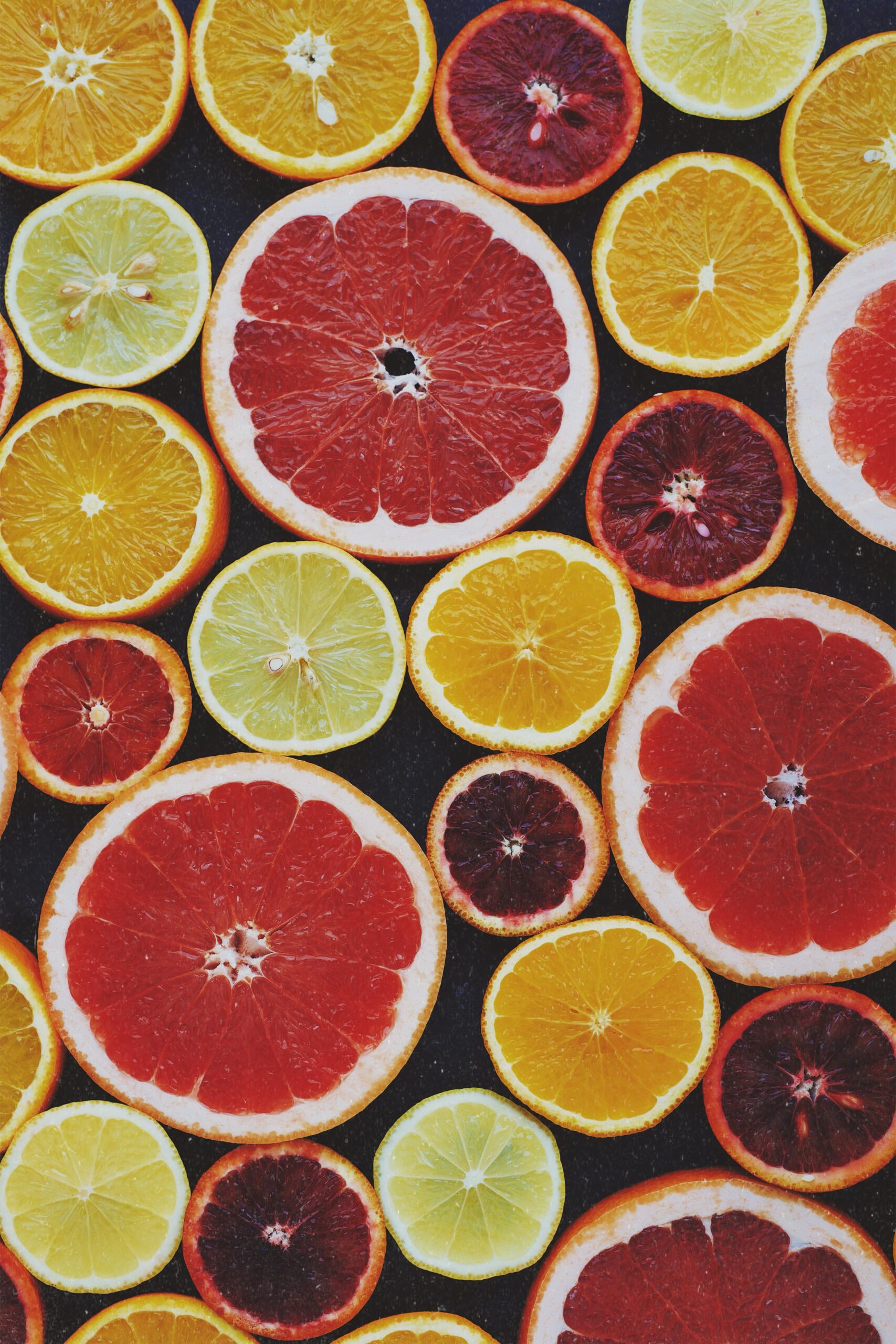
Centrifugal Juicers
The most popular juicer with families and home juicers as they are the least expensive and typically easier to clean plus they can juice a wide variety of fruits and vegetables.
How does a Centrifugal juicer work?
- Centrifugal force is used by spinning a metal blade very fast removing the pulp and extracting the juice through a mesh filter
- This makes for fast easy juicing but because of the speed a little heat is created which it is believed slightly compromises the nutrients extracted by oxygenating the juice (however research shows that any loss is very minimal)
What do Centrifugal juicers juice best?
- Harder fruits and vegetables such as apples, pears, carrots, beet, celery etc…
What are the benefits of Centrifugal juicers?
- Fast and lightweight
- Less expensive than most types of juicers
- Less parts so a little easier to use and clean
What are the potential drawbacks of Centrifugal juicers?
- Quite loud due to their high speed
- Extract much less juice from leafy vegetables and softer fruits
- Although the machine is typically less expensive they require a lot of produce to produce the juice
- Juice can have foam on the top from the slight oxidation which some people find unappealing (it can always be scooped off though)
- Extraction is not ‘perfect’ – some nutrients can get left behind in the pulp and reduced killed off by the heat produced
- Doesn’t really have a shelf life – ideally needs to be consumed straight away for maximum benefit
- High speed motor can burn out if overused
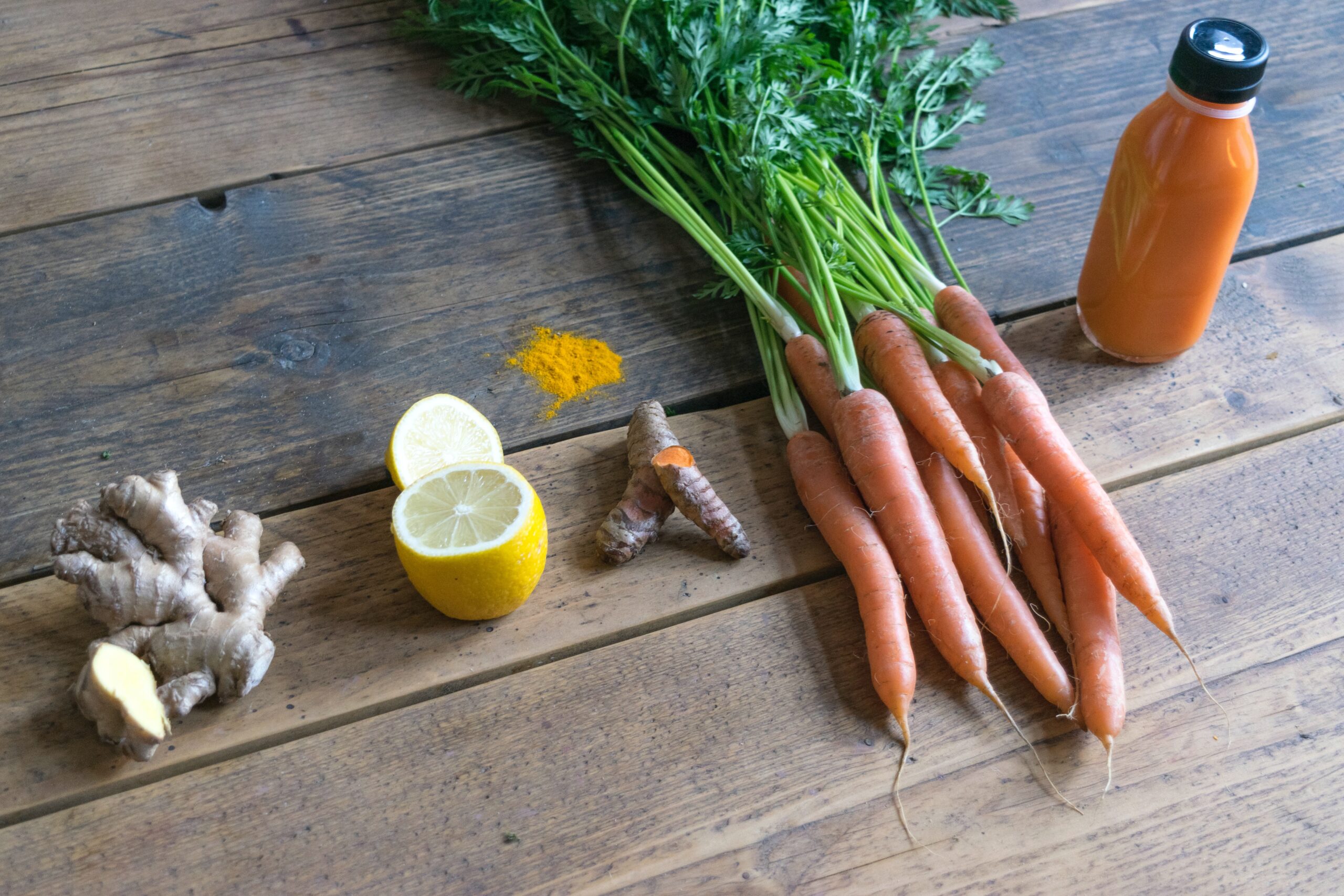
Centrifugal juicers price range?
- $45 – $250 +
Recommendations for Centrifugal juicers
- Use a slower speed for leafy vegetables and softer fruits to extract more juice and the higher speed for the harder fruits and veg
- Buy a machine with a large feed tube so you can feed the produce in whole without having to take the extra time to chop it up
- Make sure your juicer is dishwasher safe for ease of cleaning and look for ones with special cleaning brushes
- Ideally use organic produce and if you don’t have organic remove skins and if possible make the most of your waste pulp by composting
Masticating juicers
As detailed above this is where most of the confusion lies in regards to terminology as Cold Press juicers, Single Gear or Single Auger juicers / Manual juicers and Wheatgrass juicers are all other names for or other forms of masticating juicers.
How does a Masticating juicer work?
- Either by motor or by hand a central rotating device called an auger or gear (resembling a screw) is slowly turned to masticate (chew up) the produce and force it against a mesh screen that filters the juice from the pulp
- There are Single Gear and Twin Gear / Triturating versions of Masticating juicers and the latter is deemed to be the superior option for maximum performance as the Twin Gears grind the produce at an even slower rate creating a more efficient juice extraction process
What do Masticating juicers juice best?
- Leafy greens like spinach, kale and wheatgrass and softer fruits (although hard fruits and veg like apples and carrots can be juiced in a masticating machine, general consensus is that Centrifugal juicers extract juice from them better)
What are the benefits of Masticating juicers?
- Extract more juice from your produce than Centrifugal juicers
- Much quieter motor
- The process happens slowly with no heat so it is believed it retains more of the enzymes and nutrients and therefore the juice has a longer shelf life
- Can also produce things like nut milks, nut butters, baby food, pates and sauces
What are the potential drawbacks of Masticating juicers?
- Slower process
- The machines can be heavy and take up a lot of space
- Much higher price range – an investment for the really serious juicers
- Produce needs to be chopped up which also makes the process take longer
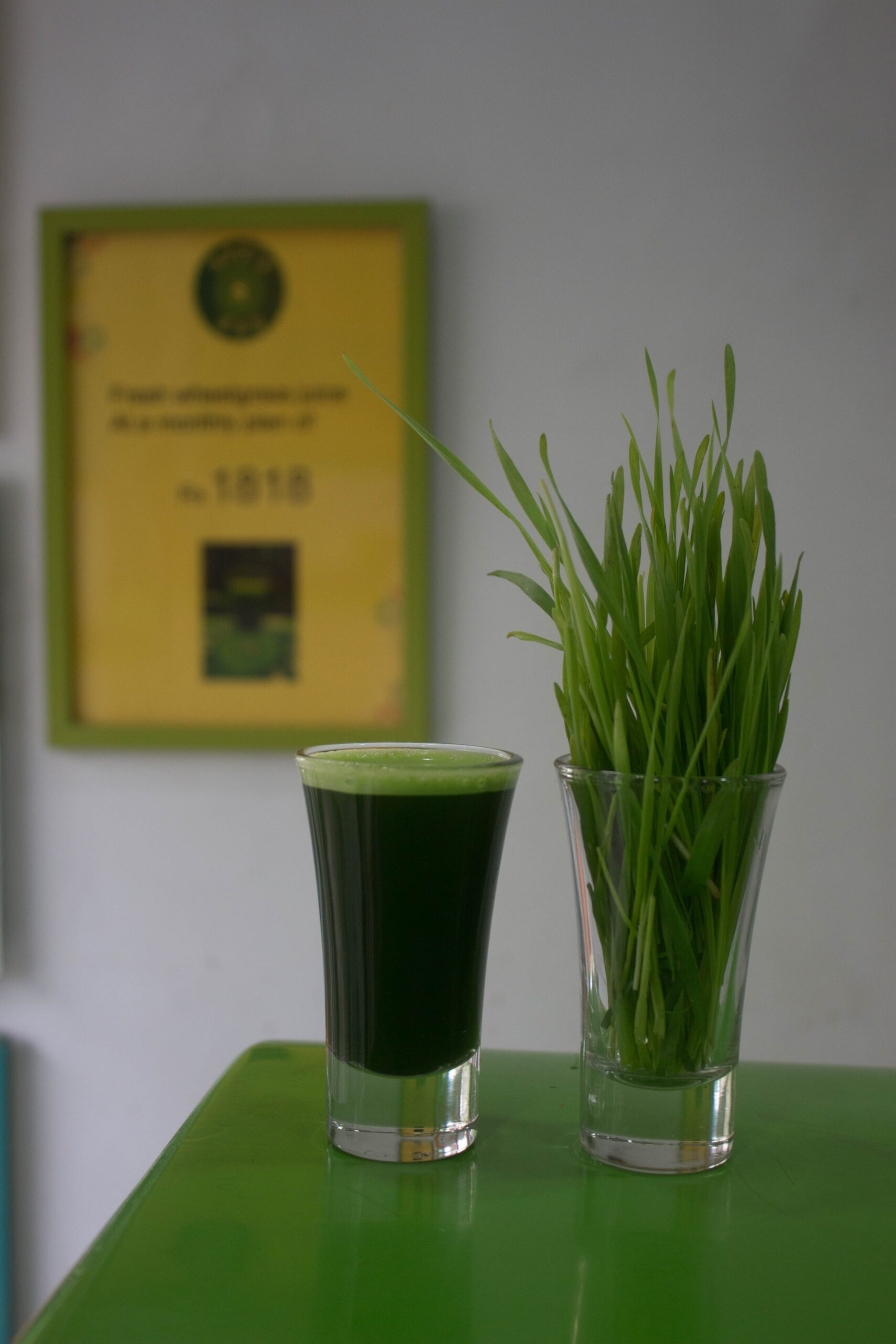
Masticating juicers price range?
- $80 – $400 +
Recommendations for Masticating juicers
- Remove any hard elements such as pips, stones and large seeds before you feed the produce into the machine
- Cut produce to the appropriate size – as a rule of thumb citrus and soft fruit like peaches should be cut into quarters and harder fruits need to be cut much smaller
- They can get clogged up easily and breed bacteria unless they are disassembled, cleaned immediately and thoroughly – to make life easier look for dishwasher safe machines and special cleaning brushes
- Ideally use organic produce and if you don’t have organic remove skins and if possible make the most of your waste pulp by composting
~Discover your families own path to healthy eating happiness~

